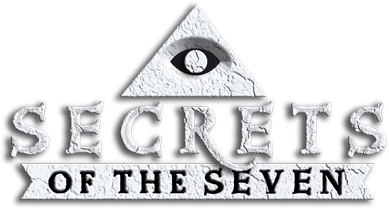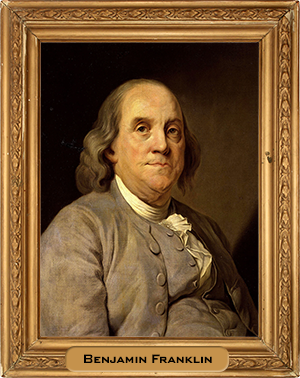
Benjamin Franklin
As a celebrated author, innovator, politician, and diplomat, Benjamin Franklin is one of the most famous and beloved personalities in American history.
Franklin is sometimes called "the First American" for his passionate belief in the unity and independence of the Thirteen Colonies and for his skilled representation of America in London, Paris, and at home.
Franklin founded the first lending library in America, the first fire department in Pennsylvania, and was among the founders of the University of Pennsylvania. He invented the lighting rod, the glass armonica (a musical instrument), the Franklin stove, and bifocal glasses. His scientific experiments made significant contributions to the understanding of meteorology, oceanography, and electricity.
As Pennsylvania's delegate to the Second Continental Congress, Franklin was among the drafters of the Declaration of Independence. While US ambassador to France, Franklin became a national sensation and succeeded in securing the military alliance that proved crucial to the American Revolutionary War. In the effort to end the War, he served as the United States' primary negotiator for the Treaty of Paris.
Benjamin Franklin's influence as one of his era's most famous scientists and political philosophers can be felt across all of today's democracies, nowhere more so than in the country he helped found. He has been called "the only President of the United States who was never President of the United States."
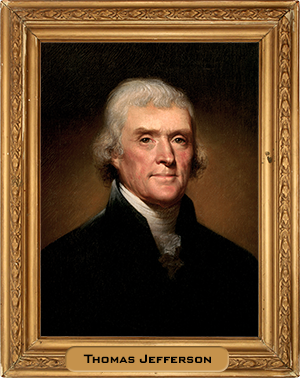
Thomas Jefferson
A primary author of the Declaration of Independence, Jefferson was the third President of the United States and founder of the University of Virginia.
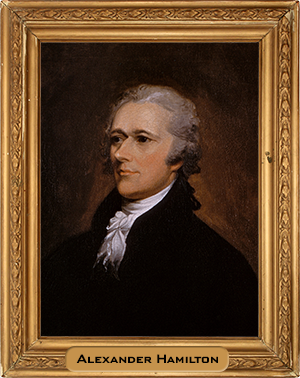
Alexander Hamilton
One of the most influential voices of the Revolution, Hamilton was also the father of the American financial system.
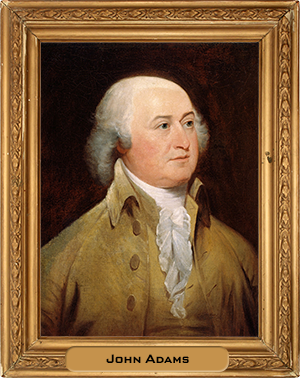
John Adams
Lawyer, author, and diplomat John Adams was the first vice president and then the second president of the United States. He was the first president to live in the then-unfinished White House.
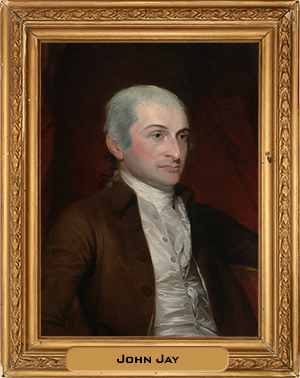
John Jay
John Jay was the first Chief Justice of the United States. Afterwards, as Governor of the State of New York, he was the state's leading opponent of slavery and succeeded in signing the 1799 Act into law, granting freedom to all slaves in New York.
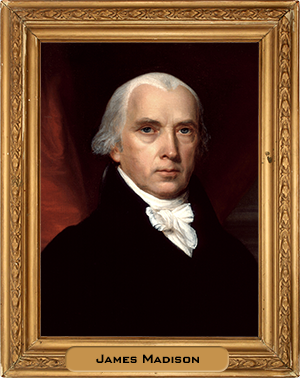
James Madison
Madison was a champion of the Bill of Rights and the fourth President of the United States.
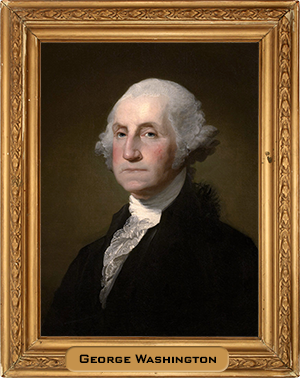
George Washington
Commander-in-Chief of the Continental Army during the American Revolution, George Washington was unanimously elected President of the United States in the first two national elections. He was called "the father of his country" both in his own lifetime and afterwards.

